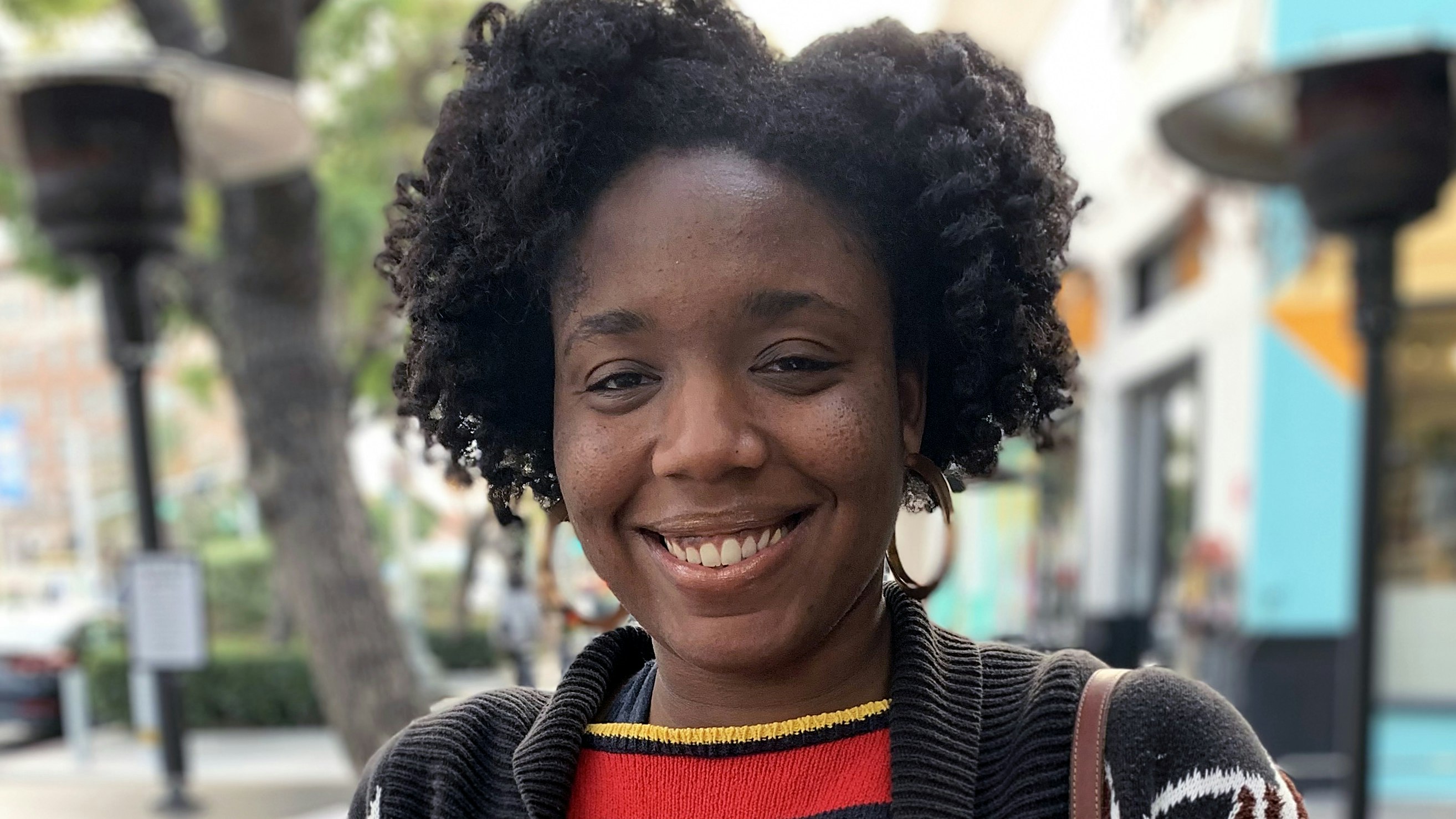Student Spotlight: Sarah Yerima PhD ’26

Sarah Yerima is a PhD candidate in the Department of History who is simultaneously pursuing a law degree at Yale. Over the summer, she has been assisting Myisha S. Eatmon, an assistant professor of African and African American studies and of history, with research in preparation for a course Eatmon is teaching in the fall titled Gender, Race, and the Law through the Archive. The course is taught in the Schlesinger Library as part of an ongoing series of embedded courses designed to expose students to the archives, introduce them to different collections, and teach them about methods of archival research.
Yerima goes into the archives at the Schlesinger Library and identifies materials that might be useful for the course, to be presented alongside essays, biographies, and other non-archival reading material. These archival materials are meant to be a jumping-off point for students. The items Yerima identifies will serve as “a way to lead [students] into the archives,” she says. “The goal is for the students to produce their own original research paper by the end of the term. So they’ll be using these materials, but they’ll also be familiarizing themselves with the finding aids and having their own forays into these archival collections.” Yerima’s research is essential because “archives can be really overwhelming.” The course gives students a structured, less daunting entry point into archival research.
Working as a research assistant led Yerima to her own journey of discovery. Prior to starting her research for Eatmon, Yerima had been largely interested in studying 19th-century history. But her work in the Schlesinger expanded her interest into the 20th century, particularly the topics of bodily autonomy, reproductive justice, and Black feminism—so much so that she has even considered writing a book about these themes.
Yerima says that doing research in a physical archive has many benefits. For example, in a physical repository, one can talk to others using the same collection and gain new insights or research leads. In addition, she says researchers often come across materials they weren’t specifically looking for but that enhance their research in unexpected ways. And finally, handling primary source documents brings the researcher closer to history. Yerima describes holding June Jordan’s journal in her hands: “You’re touching that same journal; that’s just different—there’s a feeling from being in the archive that I don’t think you can replicate online.”
Yerima encourages students to explore the archives at the Schlesinger, whether inside or outside of class, particularly if they are interested in women’s history, feminist history, or LGBTQ+ history. “The materials here are just incredible and unmatched,” she emphasized. She also encourages students to check out the research seminars offered by the history department.
Sam Zuniga-Levy is a writer at Harvard Radcliffe Institute.







